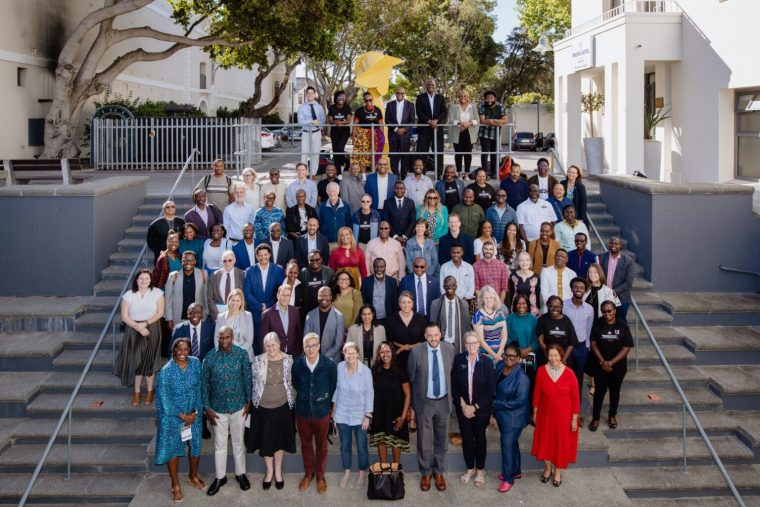News & Events
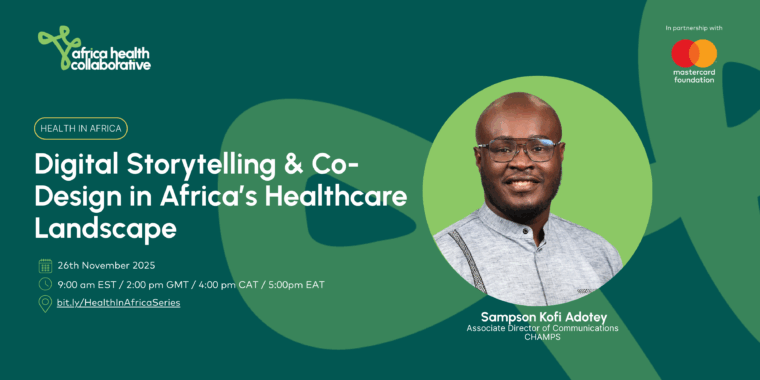
Digital Storytelling & Co-Design in Africa’s Healthcare Landscape
Join this webinar to explore how Digital Storytelling (DST) and Co-Design can transform health systems by centering the people who live the stories.
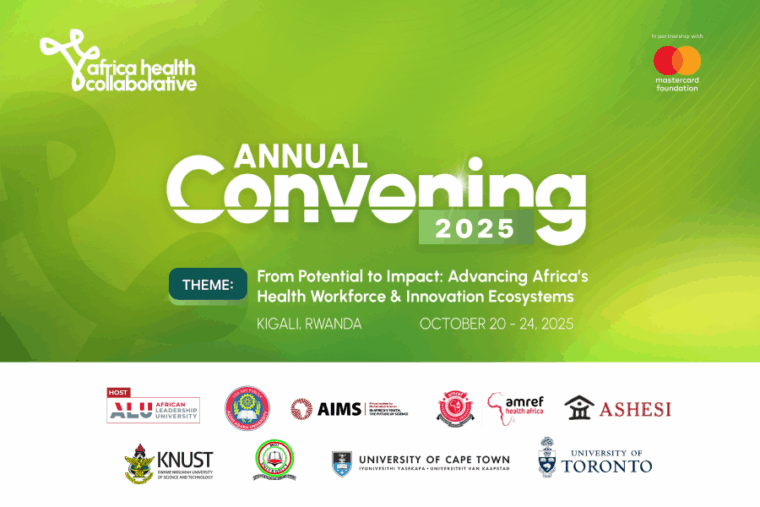
Africa Health Collaborative Convening to Spotlight Youth, African-Led Innovation, and Systems Change in Primary Health Care
The 2025 Convening will bring together leaders and innovators from government, academia, civil society, and the private sector to explore practical solutions for strengthening Africa’s primary health care systems through workforce development, entrepreneurship, institutional collaboration, and innovation.
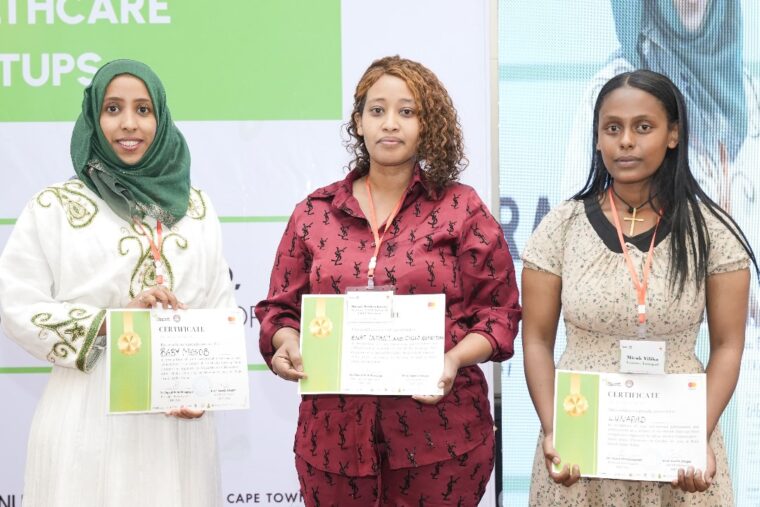
Young Innovators Reimagining Ethiopia’s Health Future
The Africa Health Collaborative at Addis Ababa University brought youthful energy and big ideas to the spotlight at its Health Startups Panel Discussion and Pitch Competition.
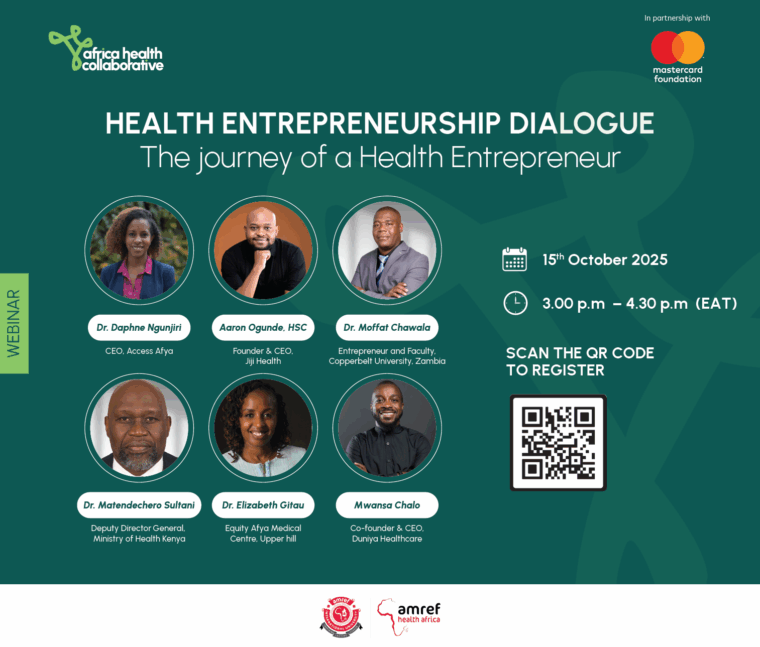
Health Entrepreneurship Dialogue- The Journey of a Health Entrepreneur
The Health Entrepreneurship Dialogue by Amref Health Africa brings together bold thinkers, innovators, and changemakers shaping the future of health across Africa and beyond.

Beyond the Pitch: The Stories Driving FemSTEM Africa 2025
In Kigali, six women took the stage — each carrying a story shaped by experience. From newborn survival to menstrual health and maternal care, their ventures were more than ideas; they were solutions born from lived realities.
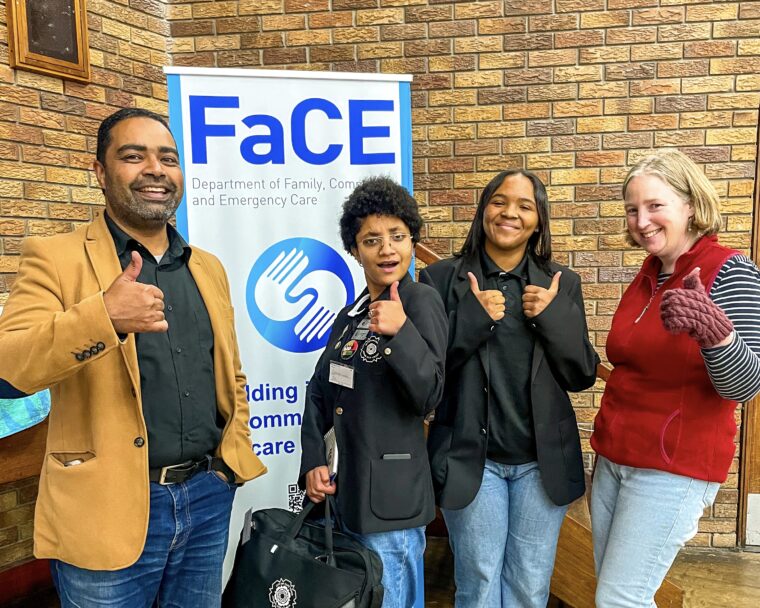
Building Community-Led Health Futures in Cape Town
Learn about how the University of Cape Town is partnering with communities in South Africa to co-create health solutions for better health outcomes
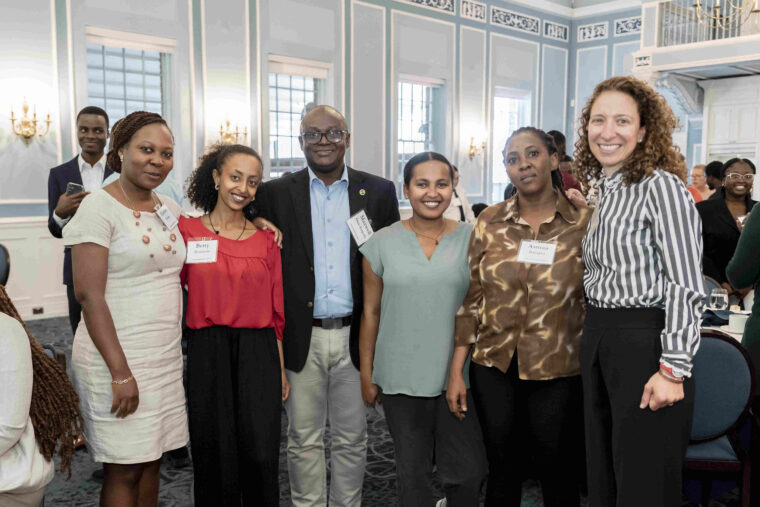
2026-2027 Graduate Scholarships Open at the University of Toronto
We are pleased to announce the start of the 2026-2027 Mastercard Foundation graduate scholarship recruitment at the University of Toronto. This scholarship opportunity is open to recent alumni and graduating students at our Africa Health Collaborative partner universities. These graduate scholarships will be awarded to those individuals who have demonstrated academic excellence in the associated health-related […]
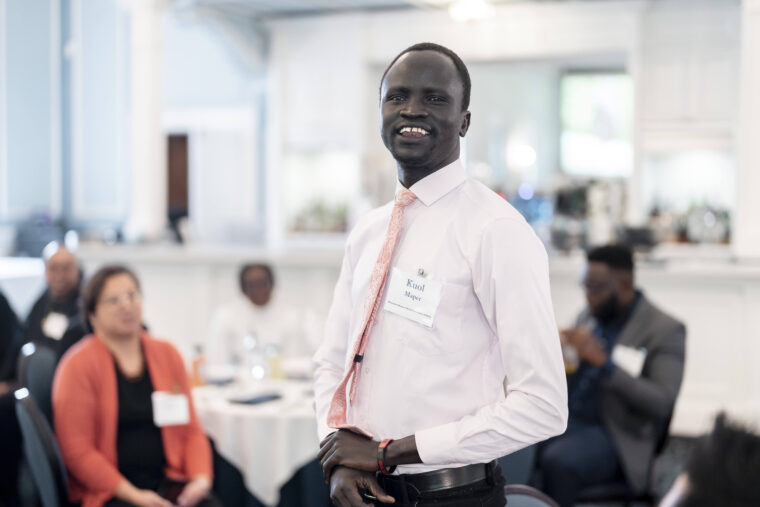
Displaced into Purpose: From Kakuma Refugee Camp to the World Health Organization
This is the story of a young person’s journey from Kakuma Refugee Camp to the WHO – showing how lived experience can drive innovation in global health My name is Kuol Maper Alier. I was born in South Sudan, but my early life was shaped by displacement, resilience, and a relentless pursuit of purpose. I […]

Internship Opportunities Open in Ghana
The Africa Health Collaborative Secretariat is seeking two interns based in Ghana to support the communications team. See details of the two roles below. Communications Associate Position Overview The Communications Associate will play a key role in driving Africa Health Collaborative’s visibility and storytelling efforts. This individual will research priority health topics, engage partners and program leads, […]
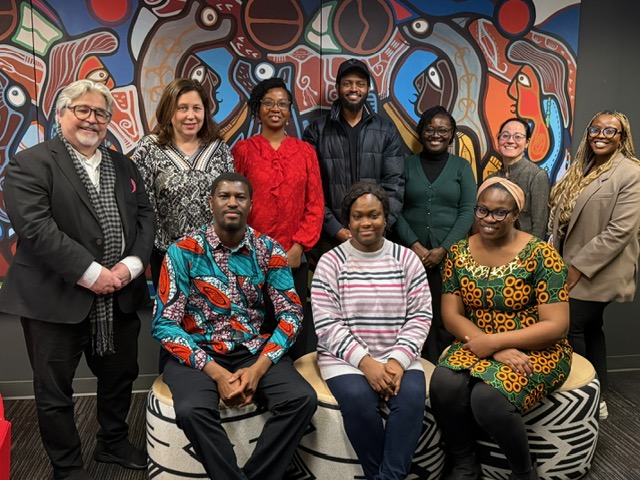
2026-2027 Doctor of Public Health Scholarships Open
We are pleased to announce the start of the 2026-2027 Mastercard Foundation graduate scholarship recruitment at the University of Toronto. This doctoral scholarship opportunity is open to recent alumni and graduating students at our Africa Health Collaborative partner universities. These graduate scholarships will be awarded to individuals who have demonstrated academic excellence in associated health-related disciplines […]
